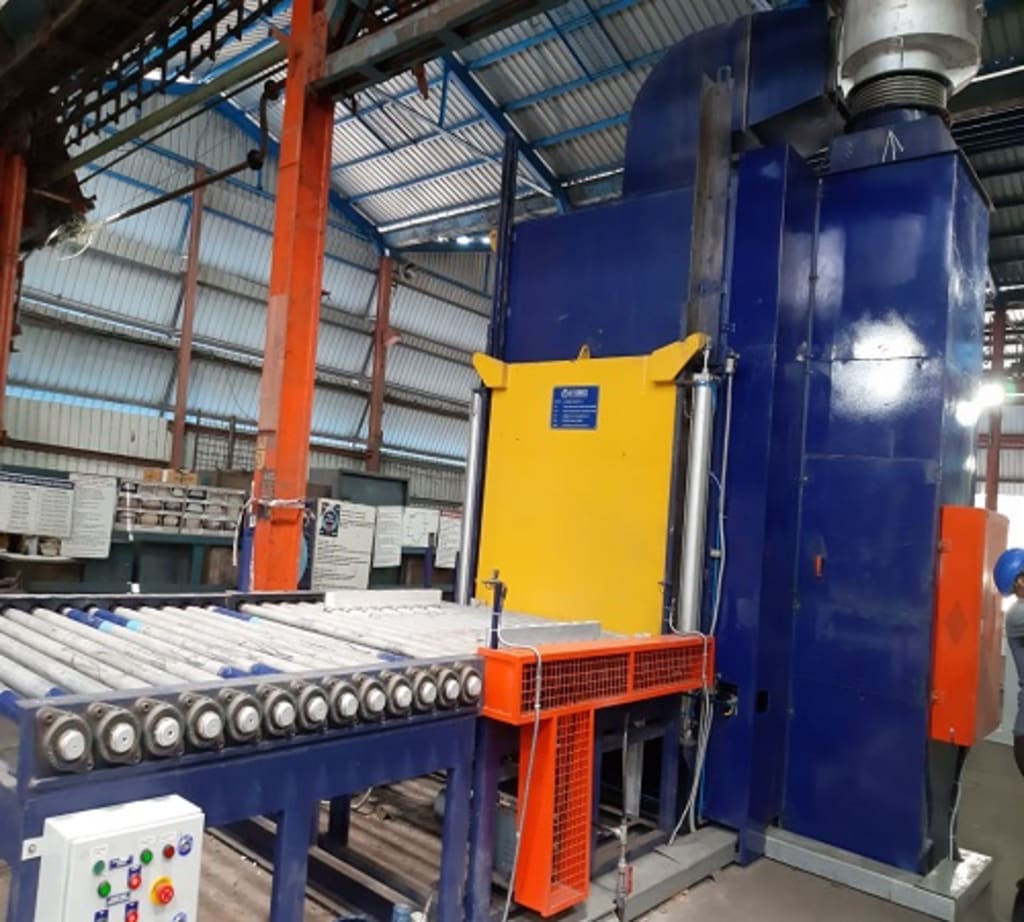Boost 3D Print Quality with Industrial Ovens
Print Quality with Industrial Ovens

Additive manufacturing (3D printing) provides today’s manufacturers with a competitive advantage that can help boost profitability. 3D printing eliminates tooling costs, speeds products to market, and accelerates prototyping. Plus, it boosts production flexibility, increases customization, and saves energy. So, it’s not surprising that more and more manufacturers are turning to the process to generate parts and products.
Additive manufacturing enables manufacturers to build simple or complex parts and products quickly and cost effectively. Its use is quickly spreading. It’s now found in a wide variety of industries, including the manufacturing, medical, automotive, and aerospace. But 3D printing comes with its own set of challenges. A critical one is quality. Nearly 50% of enterprises using 3D printing, says a survey by Forbes, consider quality control the top challenge of 3D printing.
Industrial ovens can help manufacturers beat this challenge—especially in the post production stage. That’s because many methods of 3D printing need subsequent heat treatment of the printed part or product. Industrial ovens deliver the kind of uniform repeatable thermal processing required to ensure high quality 3D print production. They also deliver the superior temperature uniformity vital to consistent print quality—especially in the post-production stage of manufacturing.
Boosting Quality in Post-Production
Many manufacturers are just beginning to realize just how helpful industrial ovens are in post-production. This approach beats other method of boosting print quality post production. Using industrial ovens in that phase improves a 3D print’s firmness, tensile strength, heat resistance, durability, and machinability. Simply put, industrial ovens are among the most cost-effective ways of boosting the quality of 3D prints post-production.
Below are three other real-world examples of how industrial ovens can help manufacturers boost 3D print quality in post-production:
- Many 3D printers use fused deposition modeling (FDM) to produce 3D prints for specific applications. FDM produces items that have rough surfaces. They detract from the prints’ aesthetics and feel. These printers use an industrial oven in post-production to smooth out the rough surfaces of the prints, boosting print quality by enhancing its desired look and feel.
- Annealing is a cost-effective way to boost 3D print quality post production. Annealing helps 3D printers modify metal and plastic 3D parts to produce specific properties. In this use case the manufacturer then heats the 3D plastic prints in an industrial oven to their “glass transition temperature.” That softens the product but retain its shape at this temperature. Additional molecular changes boost the 3D print’s structural stability.
- Curing also can help prepare a 3D part for a second production phase. In this use case the manufacturer used thermal processing to crosslink printed metal parts inside a build box at specific temperatures. The manufacturer then loaded the prints into the oven for thermal de-binding. That removed the residual binder material from the metal prints before sintering.
Additive manufacturing is growing in popularity. That’s because it makes sense. It enables manufacturers to create complex parts quickly and cost-effectively, saves material waste and energy, reduces the need for on-hand inventory, saves time, and maximizes efficiency. But print quality is a challenge. Savvy manufacturers are using industrial ovens to boost print quality in post-production. That, in turn, gives manufacturers the competitive edge they need to survive in today’s turbulent marketplaces.
Using the right industrial oven not only boosts part quality, it also increases productivity, efficiency, and profitability.





Comments
Waqas Baig is not accepting comments at the moment
Want to show your support? Send them a one-off tip.